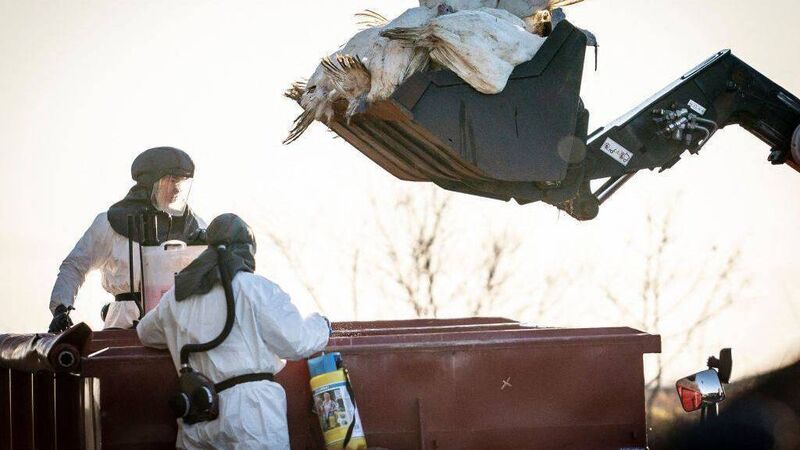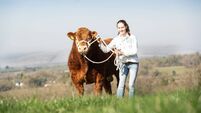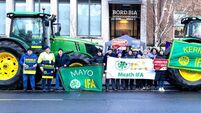Calls for 16-week free-range derogation to be extended

Danish Veterinary and Food Administration and of the Danish Emergency Management Agency staff dispose thousands of turkeys at a turkey farm near the village of Ruds Vedby, near Soro in Denmark earlier this year. Photo: Mads Claus Rasmussen/Ritzau Scanpix/AFP via Getty Images
The European Commission has been asked to extend the 16-week derogation for housing free-range layers until risk analysis shows that the indoor confinement of flocks can be lifted.
Unless changes are made, free-range eggs may no longer be available in many EU countries where flocks have had to be kept indoors for almost four months to protect them from wild birds infected with highly pathogenic avian influenza (HPAI).













